With just a few clicks, almost anyone can use financial services almost anywhere. Sending money to your college student for books, checking your bank balance, or investing in your friend's small business can now be done more easily and cheaply because of financial technology, or fintech. But these changes also come with challenges.
How to reap the benefits of fintech while protecting consumers and the broader financial system was the key question at the heart of the Federal Reserve Bank of Philadelphia’s Ninth Annual Fintech Conference. Held on November 12 and 13, the event brought together experts from a broad array of sectors to explore emerging technologies, their impact, and policy responses.
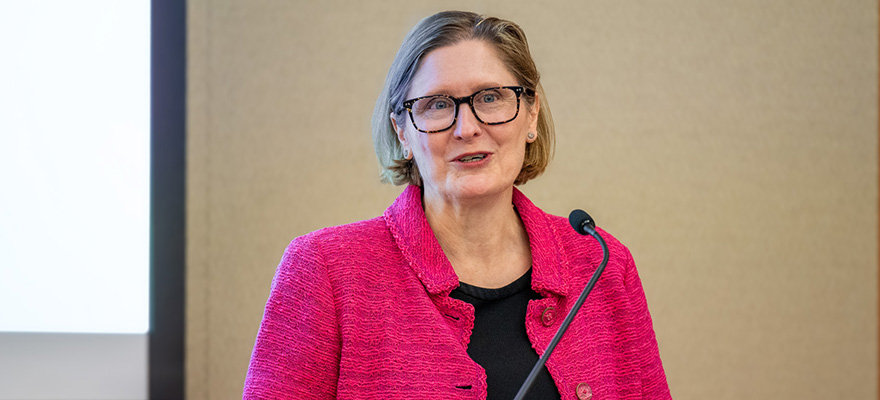
In her welcome remarks, Philadelphia Fed President and CEO Anna Paulson highlighted the importance of a wide range of voices in shaping the future of fintech. “The rapid convergence of cutting-edge technologies with traditional financial infrastructure creates unprecedented opportunities and equally significant challenges that no single perspective can address,” she said.
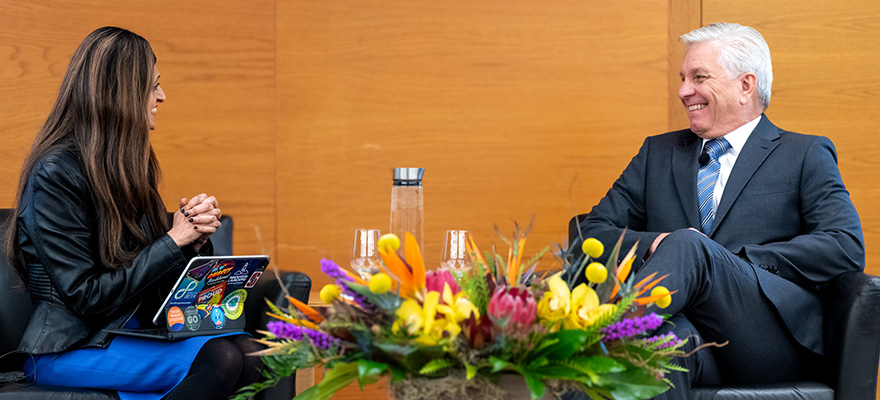
For nine years, the Philadelphia Fed has hosted this conference to understand fintech's growing impact on our work. Fintech affects everything the Fed does, including payments, supervision, consumer protection, and monetary policy.
In a conversation with Federal Reserve System Chief Innovation Officer Sunayna Tuteja, Governor Christopher Waller of the Federal Reserve Board discussed new financial technologies and the need for cooperation between the Fed and the tech industry. He also shared updates on the rollout of the Fed's new streamlined master accounts and plans to speed up fintech advancements overall.
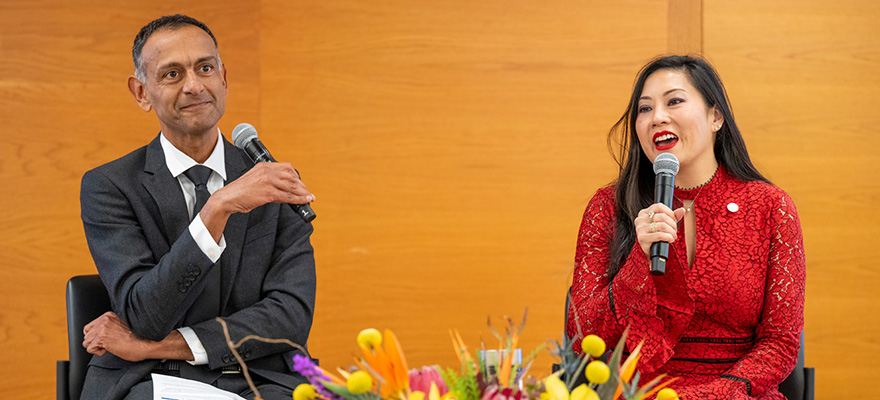
Experts explored issues from various perspectives. There was a significant focus on regulatory clarity, as highlighted by Caroline D. Pham, acting chairman of the Commodity Futures Trading Commission.
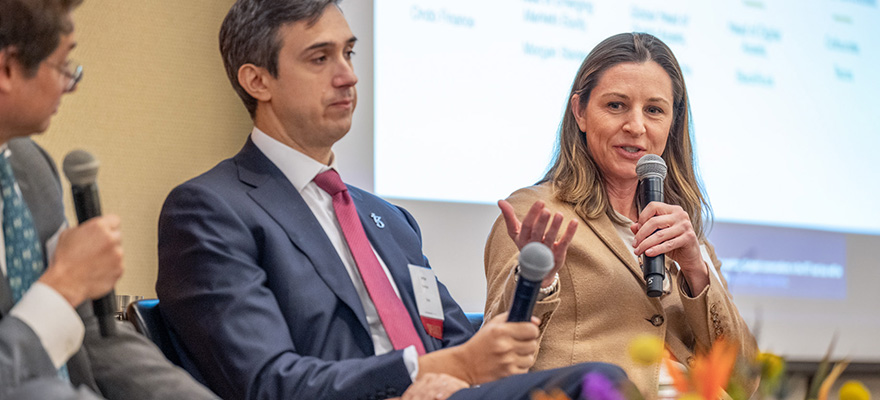
Panels addressed topics such as the future of payments across different blockchains, the influence of artificial intelligence (AI) on finance, cryptocurrency regulations, and the role of stablecoins. Paul S. Atkins, chairman of the Securities and Exchange Commission (SEC), also shared insights on the SEC’s approach to digital assets, and a panel of industry experts examined asset tokenization.
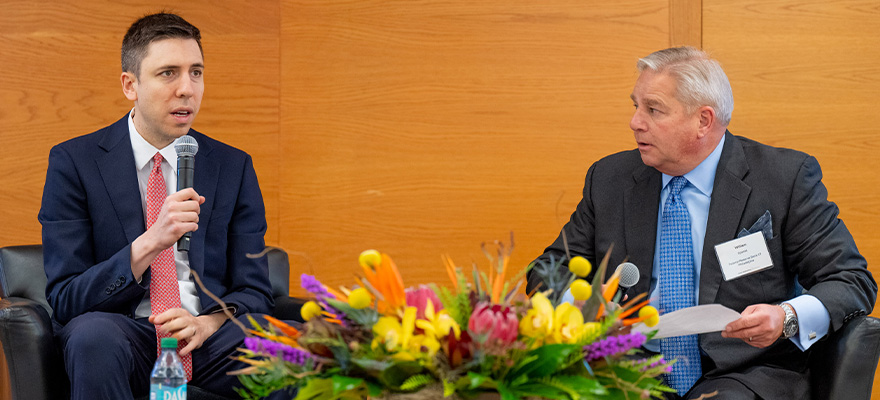
Other topics included smart payments, the evolving partnerships between banks and fintech companies, and the impact of AI on trading. One panel covered emerging research on AI and blockchain. Travis Hill, acting chairman of the board of directors of the Federal Deposit Insurance Corporation, and William Spaniel, executive vice president at the Philadelphia Fed, talked about supervisory issues, focusing on stablecoins and bank–fintech collaborations.
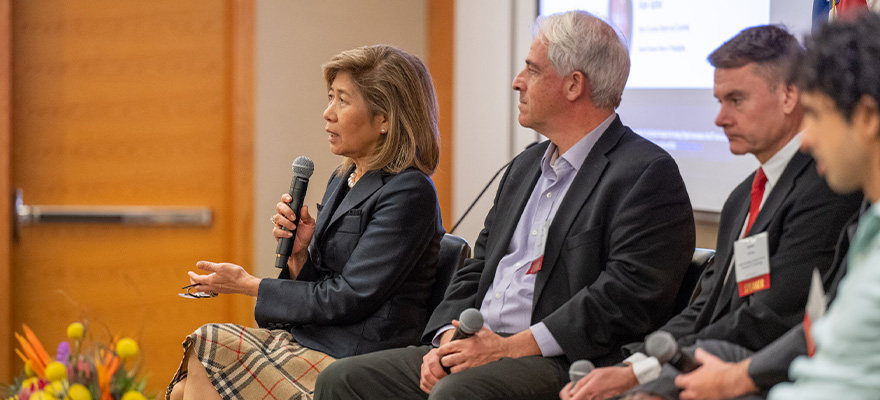
The event concluded with a panel composed of academic and industry leaders who exchanged views on managing the digital economy, emphasizing the need to balance innovation with cybersecurity, consumer trust, and financial stability.
Conference partners include the Wharton School of the University of Pennsylvania, the School of International and Public Affairs at Columbia University, the University of Cambridge, and the Brookings Institution. By partnering with institutions like these, the Philadelphia Fed is creating a platform where academic insight meets practical application.
The main takeaway from the conference is that fintech is already changing finance, but the real question is whether these changes will benefit everyone or just a select few. This will depend on the choices made by regulators, innovators, and users.
The Fintech Conference is one of the Philadelphia Fed’s most popular and well-attended events. This year’s event attracted around 1,940 attendees across the globe from a wide range of sectors, with most joining online. As fintech continues to evolve, the Philadelphia Fed’s role in convening leaders and experts in this space remains vital to fostering dialogue, transparency, and solutions.

